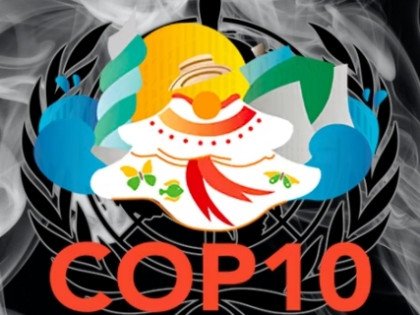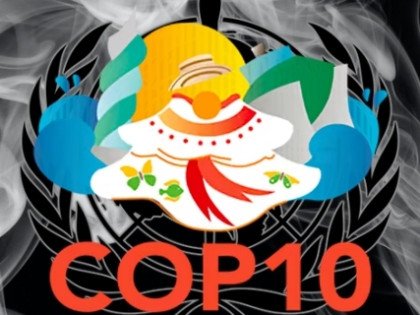Malaysia’s Minister of Health, Khairy Jamaluddin, made the decision not to table the bill despite the bipartisan special parliamentary select committee making amendments and reaching consensus.
“This delay now gives MPs time to get the country’s tobacco control strategy right. We strongly believe that vaping should be not part of the generational endgame bill. It would only criminalise vape consumers and retailers,” says Samsul Arrifin President of MOVE (Malaysian Organisation of Vape Entities).
MOVE would like vaping and non-combustible products out of the legislation and for the Government to treat them quite differently as harm reduction tools
Tobacco Harm Reduction (THR) advocates were heartened in April when the regulation of vaping devices was announced to take effect in August. It was assumed the move would precede the legalisation of vape sales in Malaysia.
Also encouraging, was a visit last month to New Zealand by a Malaysian parliamentary delegation to understand what policies are required to achieve smokefree. New Zealand has legalised and regulated vape sales and is now on track to achieve its national ambition of Smokefree 2025 – where five percent or fewer of the population smoke regularly.
New Zealand is also looking to implement a similar generational smoking ban which would see the prohibition of tobacco product sales to anyone born in 2009 or after. However, Malaysia’s proposal for those born in 2007 or after would also ban vaping product sales.
“New Zealand’s smoking rate is less than half of ours because they’ve regulated adult-only retail access to vaping products. New Zealand actively steers smokers towards safer nicotine products, with vaping an incredibly effective off-ramp to smoking. If Malaysia is to reduce smoking to below five percent by 2040, then we need to regulate, not ban, vaping products,” says Mr Arrifin.
CAPHRA (the Coalition of Asia Pacific Tobacco Harm Reduction Advocates) says about 70 countries have already proven that a THR approach works. In contrast, Australia is showing just how badly vaping bans fail.
“As well as giving the 21% of Malaysians who smoke a less harmful alternative, regulating vaping will ensure Malaysia has product safety standards, not to mention extra tax revenue. We are pleased the Government is taking its time on this one. An evidence-based approach will serve them well,” says Nancy Loucas, Executive Coordinator of CAPHRA.
References:
- Malaysian Organisation of Vape Entities - https://www.facebook.com/groups/right2vape/
- The Coalition of Asia Pacific Tobacco Harm Advocates – https://caphraorg.net/
Dave Cross
Journalist at POTVDave is a freelance writer; with articles on music, motorbikes, football, pop-science, vaping and tobacco harm reduction in Sounds, Melody Maker, UBG, AWoL, Bike, When Saturday Comes, Vape News Magazine, and syndicated across the Johnston Press group. He was published in an anthology of “Greatest Football Writing”, but still believes this was a mistake. Dave contributes sketches to comedy shows and used to co-host a radio sketch show. He’s worked with numerous start-ups to develop content for their websites.
Join the discussion
CAPHRA Highlights Tobacco Control Flaws
The Coalition of Asia Pacific Tobacco Harm Reduction Advocates highlights the flaws in tobacco control which has led to the rise of black market in Australia
Alarm Regarding WHO’s Opacity
The Coalition of Asia Pacific Tobacco Harm Reduction Advocates sounds the alarm on WHO and FCTC's “disturbing lack of transparency”
COP10: Use The Evidence
The Coalition of Asia Pacific Tobacco Harm Reduction Advocates demands an evidence-based approach to tobacco harm reduction from the World Health Organisation and the Framework Convention on Tobacco Control
Exclusionary Tactics Criticised
Global tobacco harm reduction advocates have criticised the WHO’s exclusionary tactics at COP10, the Framework Convention on Tobacco Control conference starting today











